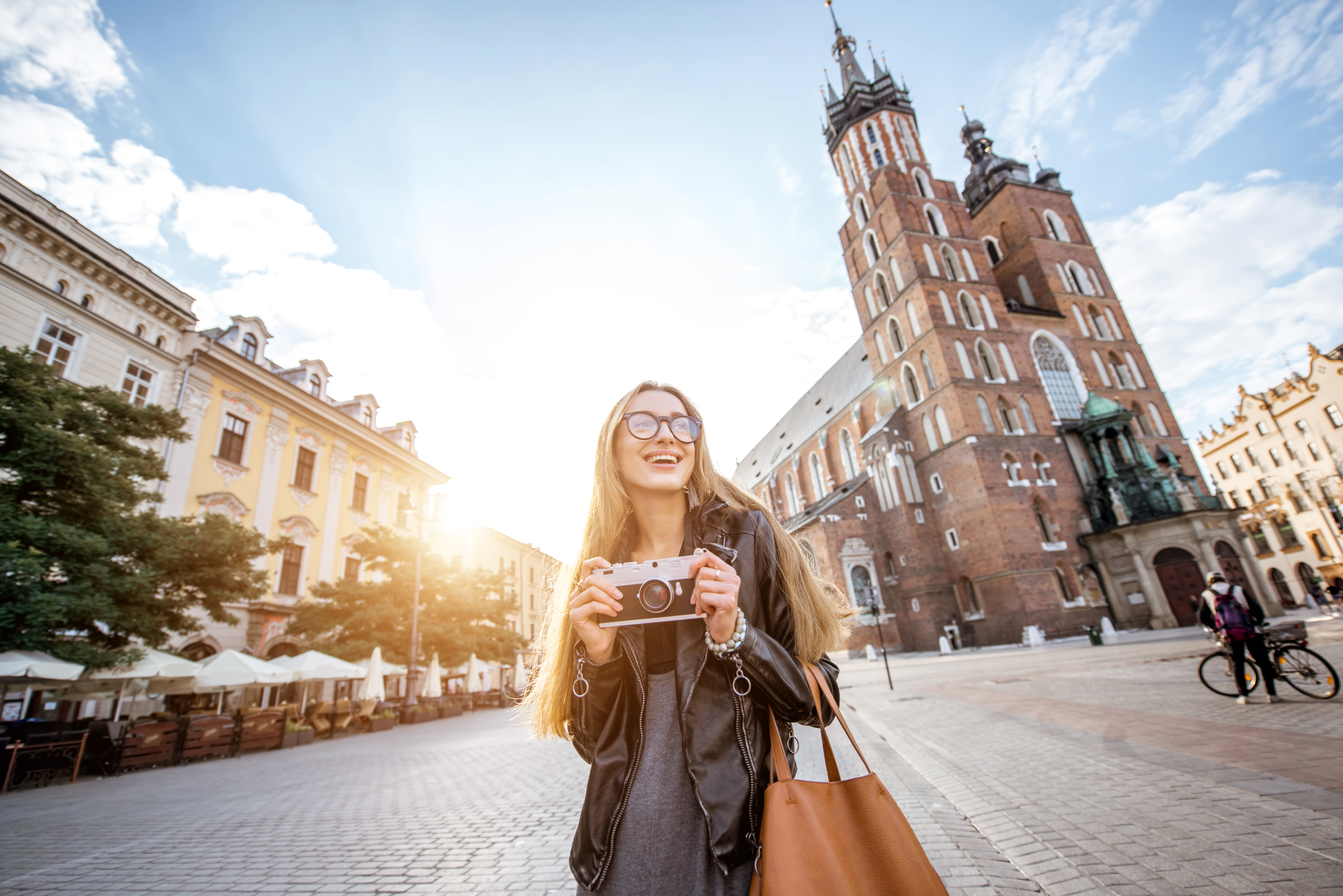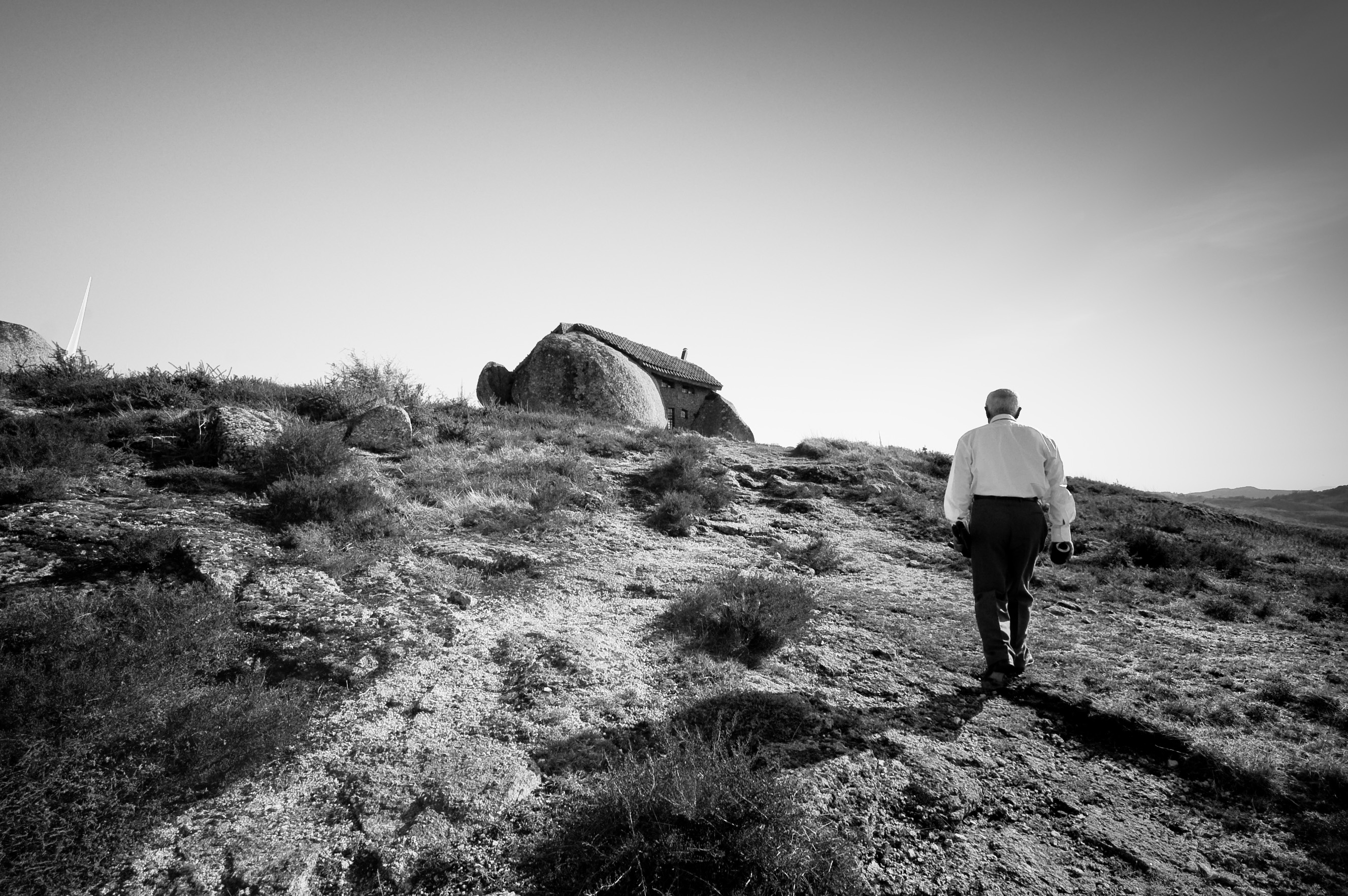11 Destinations for Truly Authentic Cultural Experiences
In an era where global travel has become more accessible than ever, the quest for authentic experiences has taken center stage. Travelers today are not just looking for picturesque landscapes or luxury accommodations; they seek meaningful connections and genuine insights into the cultures they visit. This shift in travel preferences has led to the rise of destinations that offer more than just a visual feast. These places promise an immersion into local traditions, a taste of indigenous flavors, and an opportunity to engage with communities in a way that enriches both the traveler and the host. This article explores 11 extraordinary destinations that epitomize this trend, each offering a unique blend of cultural richness and local charm.
1. Mexico City, Mexico: A Tapestry of Tradition and Modernity
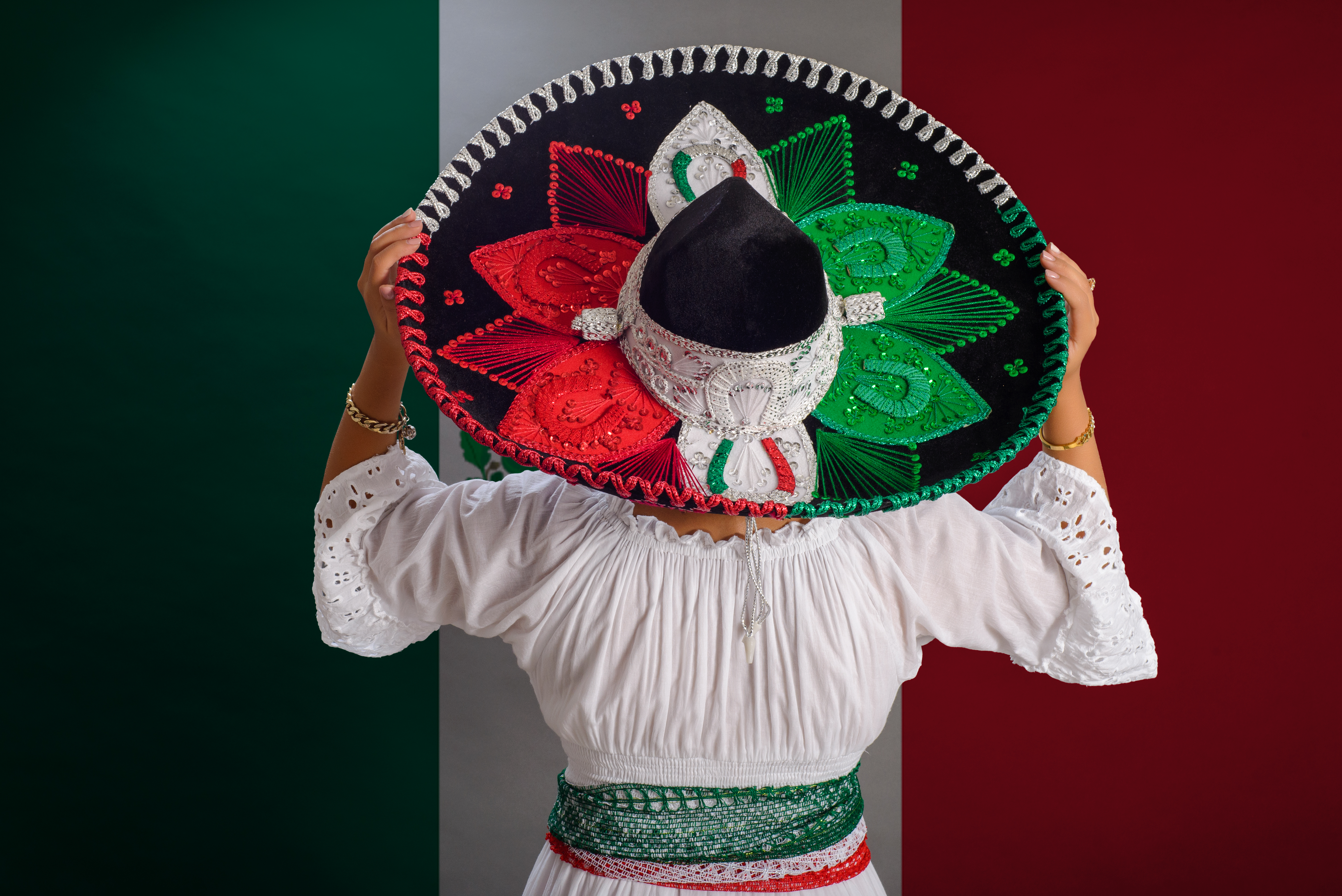
Mexico City is a vibrant metropolis where ancient history and modern innovation coexist in harmony. As one of the largest cities in the world, it offers a myriad of experiences that cater to every type of traveler. The city's cultural landscape is a tapestry woven from its Aztec roots, colonial influences, and contemporary art scenes. Visitors can explore the ancient ruins of Teotihuacan, marvel at the baroque architecture in the historic center, and immerse themselves in the colorful world of Frida Kahlo at her iconic Blue House. The city's culinary scene is equally diverse, offering everything from traditional street tacos to avant-garde dining experiences. Engaging with the locals, whether through a cooking class or a guided tour, provides a deeper understanding of the city's rich cultural heritage and its dynamic evolution.
2. Kyoto, Japan: The Heart of Japanese Tradition
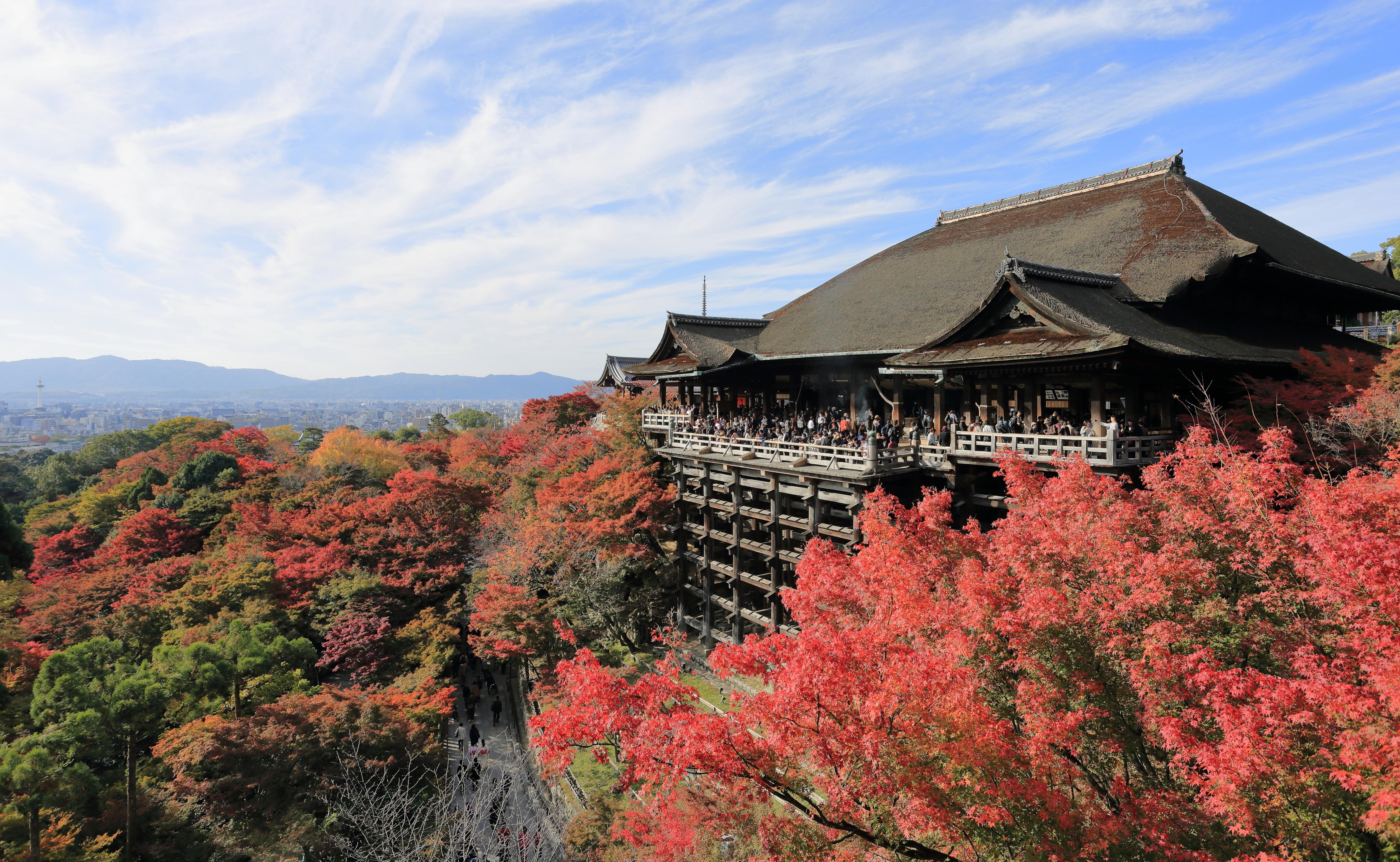
Kyoto, the former imperial capital of Japan, is a city that effortlessly blends the past with the present. Known for its well-preserved temples, traditional wooden houses, and exquisite gardens, Kyoto offers a window into Japan's rich cultural history. Visitors can participate in a traditional tea ceremony, explore the serene Arashiyama Bamboo Grove, or witness the beauty of cherry blossoms in spring. The city's numerous festivals, such as Gion Matsuri, provide a glimpse into the vibrant cultural practices that have been passed down through generations. Engaging with local artisans and craftsmen, who continue to practice traditional techniques in pottery, textiles, and other crafts, offers an opportunity to appreciate the dedication and skill that define Japanese culture. Kyoto is not just a destination; it's an invitation to experience the essence of Japan.
3. Marrakech, Morocco: A Sensory Feast

Marrakech, often referred to as the "Red City," is a place where the senses come alive. The city's bustling souks, vibrant colors, and aromatic spices create an atmosphere that is both exotic and inviting. Visitors can wander through the labyrinthine streets of the Medina, where centuries-old traditions are still practiced by artisans and traders. The city's rich history is evident in its stunning architecture, from the intricate tilework of the Bahia Palace to the towering minarets of its mosques. Marrakech is also a gateway to the Sahara Desert, offering opportunities for camel treks and overnight stays in traditional Berber tents. Engaging with the local Berber communities provides insight into their nomadic way of life and their enduring connection to the land. Marrakech is a destination that promises adventure, discovery, and a deep connection to the cultural heart of Morocco.
4. Cusco, Peru: Gateway to the Incan Empire
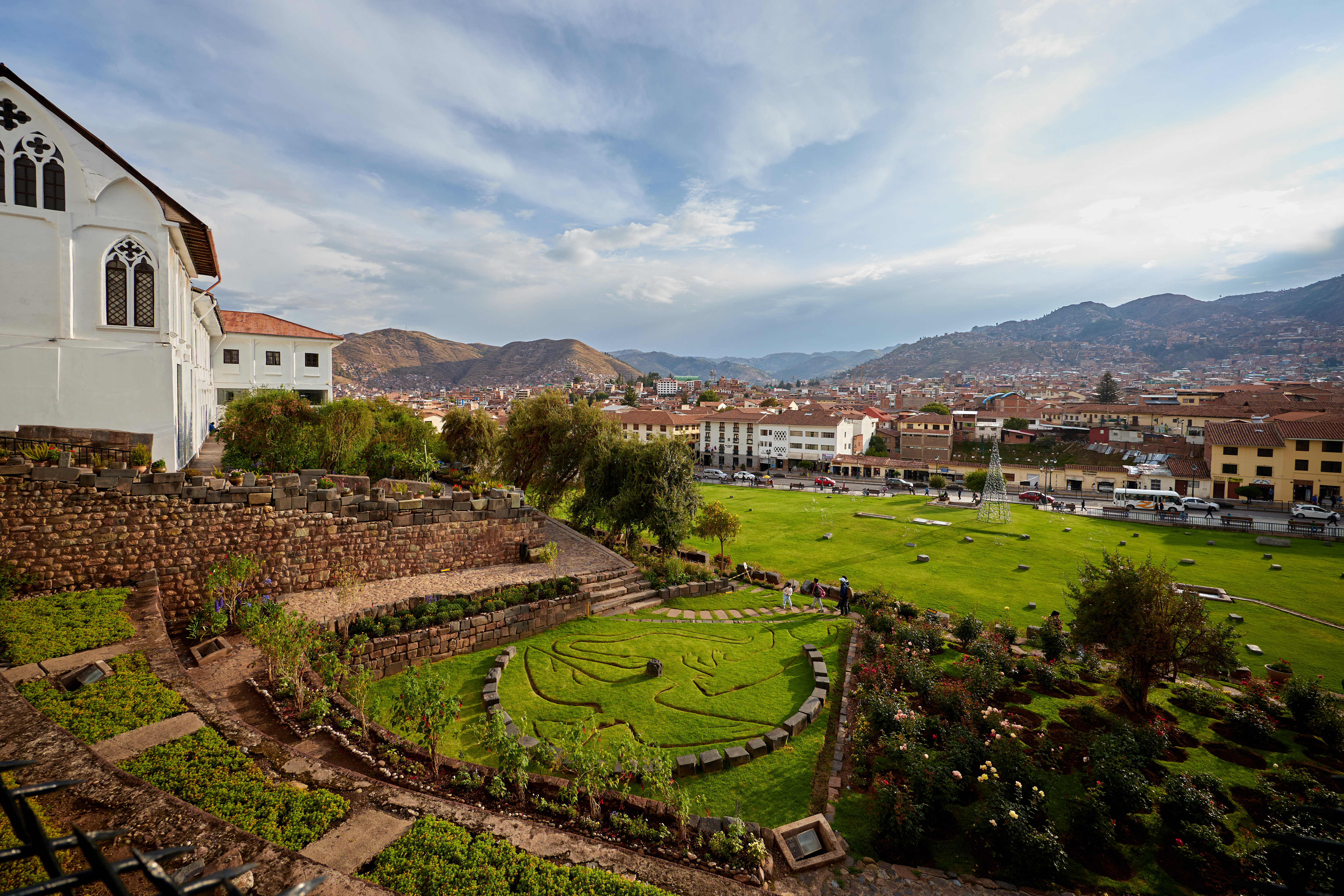
Cusco, once the capital of the Inca Empire, is a city steeped in history and culture. Nestled in the Andes Mountains, it serves as the gateway to the iconic Machu Picchu, but it offers much more than just a stopover. The city's cobblestone streets are lined with colonial architecture built atop ancient Incan foundations, creating a unique blend of old and new. Visitors can explore the impressive Sacsayhuamán fortress, visit the sacred Valley of the Incas, or participate in traditional Quechua ceremonies. The local markets, filled with vibrant textiles and handmade crafts, offer a glimpse into the region's rich cultural heritage. Engaging with the Quechua people, who are the descendants of the Incas, provides an opportunity to learn about their traditions, language, and way of life. Cusco is a destination that invites travelers to connect with the past and discover the enduring spirit of the Andes.
5. Varanasi, India: The Spiritual Heart of India
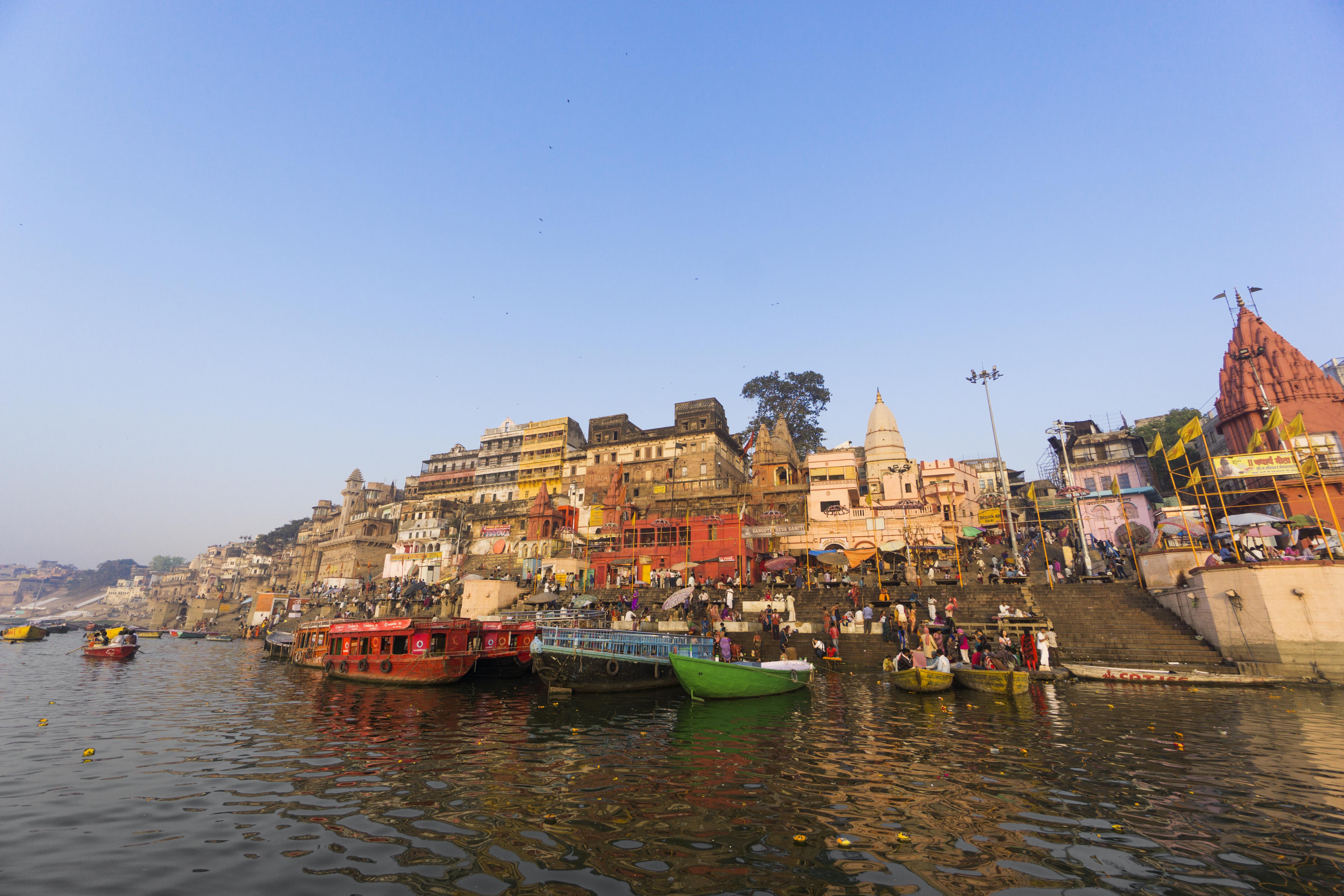
Varanasi, one of the oldest continuously inhabited cities in the world, is a place of profound spiritual significance. Situated on the banks of the Ganges River, it is a major pilgrimage site for Hindus, who come to bathe in the sacred waters and perform rituals on the ghats. The city's labyrinthine streets are filled with temples, shrines, and bustling markets, creating a vibrant tapestry of life and devotion. Visitors can witness the mesmerizing Ganga Aarti ceremony, explore the ancient temples, or take a boat ride along the river at sunrise. Engaging with the local sadhus, or holy men, offers insight into the spiritual practices and philosophies that have shaped Indian culture for millennia. Varanasi is a destination that challenges and enriches, offering a profound connection to the spiritual heart of India.
6. Havana, Cuba: A Time Capsule of Culture

Havana, the capital of Cuba, is a city that feels frozen in time. Its colorful colonial architecture, vintage cars, and lively music scene create an atmosphere that is both nostalgic and vibrant. The city's rich cultural heritage is evident in its historic neighborhoods, such as Old Havana, where visitors can explore cobblestone streets lined with cafes, art galleries, and music venues. The rhythm of salsa and son fills the air, inviting travelers to dance and connect with the local culture. Engaging with local musicians, artists, and storytellers provides insight into the resilience and creativity of the Cuban people. Havana is a destination that invites travelers to step back in time and experience the warmth and vitality of Cuban culture.
7. Fez, Morocco: The Intellectual Capital

Fez, one of Morocco's imperial cities, is a place where history and intellect converge. Known for its medieval medina, a UNESCO World Heritage site, Fez offers a glimpse into the country's rich cultural and intellectual heritage. Visitors can explore the narrow alleys of the medina, where artisans practice traditional crafts such as leatherwork, pottery, and weaving. The city's numerous madrasas, or Islamic schools, showcase the architectural and scholarly achievements of the past. Engaging with local scholars and craftsmen provides an opportunity to learn about the traditions and knowledge that have been preserved for centuries. Fez is a destination that invites travelers to delve into the intellectual and cultural heart of Morocco.
8. Luang Prabang, Laos: A Tranquil Retreat

Luang Prabang, a UNESCO World Heritage site, is a city that exudes tranquility and charm. Nestled at the confluence of the Mekong and Nam Khan rivers, it is known for its well-preserved architecture, serene temples, and lush landscapes. Visitors can participate in the daily alms-giving ceremony, explore the ancient temples, or take a boat ride along the Mekong River. The city's vibrant night market offers a taste of local cuisine and handicrafts, providing a glimpse into the region's rich cultural heritage. Engaging with local monks and artisans offers insight into the spiritual and artistic traditions that define Luang Prabang. This destination invites travelers to slow down, reflect, and connect with the peaceful rhythms of life in Laos.
9. Istanbul, Turkey: A Crossroads of Cultures
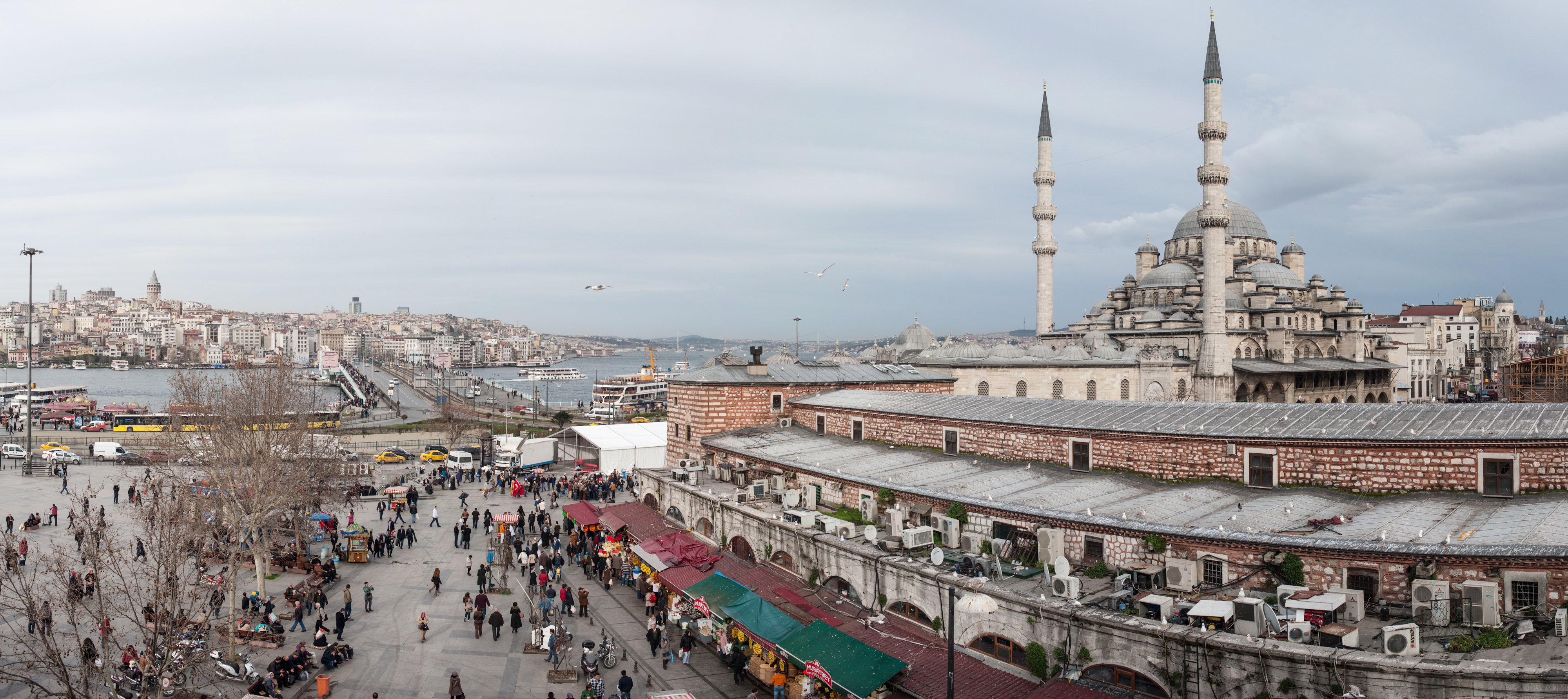
Istanbul, a city that straddles two continents, is a place where East meets West in a harmonious blend of cultures. Its rich history is evident in its stunning architecture, from the grandeur of the Hagia Sophia to the intricate mosaics of the Blue Mosque. The city's bustling bazaars, such as the Grand Bazaar and the Spice Market, offer a sensory feast of sights, sounds, and flavors. Visitors can explore the historic neighborhoods, take a cruise along the Bosphorus, or indulge in a traditional Turkish bath. Engaging with local artisans, chefs, and historians provides insight into the diverse cultural influences that have shaped Istanbul over the centuries. This city is a destination that invites travelers to explore the crossroads of history and culture.
10. Cape Town, South Africa: A Cultural Mosaic
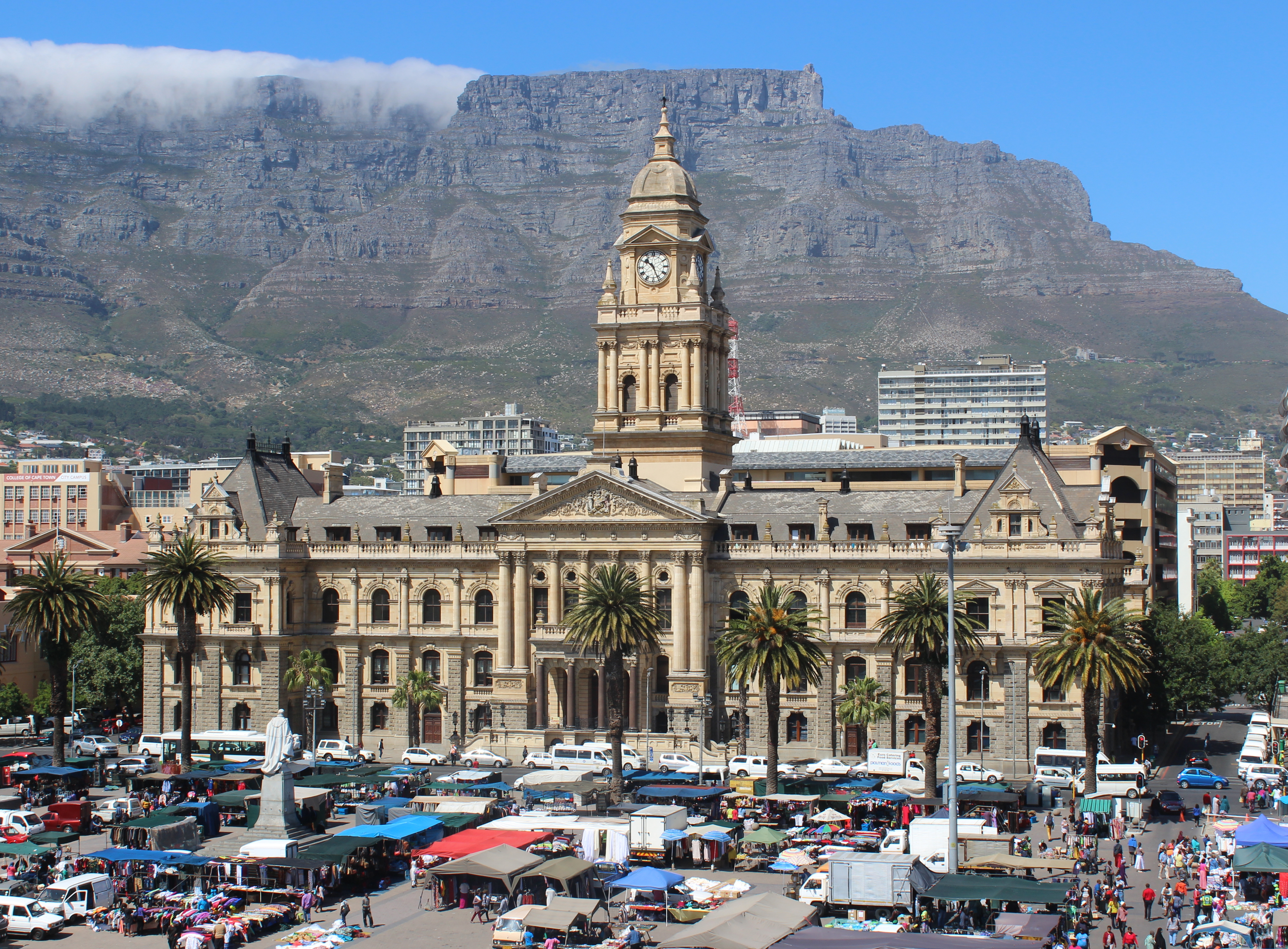
Cape Town, known as the "Mother City," is a place where natural beauty and cultural diversity converge. Nestled between the iconic Table Mountain and the Atlantic Ocean, it offers a stunning backdrop for exploration. The city's cultural landscape is a mosaic of influences, from its indigenous Khoisan roots to its colonial history and vibrant contemporary art scene. Visitors can explore the historic Robben Island, take a cable car up Table Mountain, or wander through the colorful streets of Bo-Kaap. Engaging with local communities, such as the Xhosa and Zulu, provides an opportunity to learn about their traditions, languages, and way of life. Cape Town is a destination that invites travelers to connect with the diverse cultural tapestry of South Africa.
11. Reykjavik, Iceland: A Gateway to Nature and Culture

Reykjavik, the capital of Iceland, is a city that offers a unique blend of nature and culture. Known for its stunning landscapes, from geysers and waterfalls to glaciers and volcanoes, it is a gateway to the natural wonders of the country. The city's cultural scene is equally vibrant, with a thriving arts community, innovative cuisine, and a rich musical heritage. Visitors can explore the city's museums, take a dip in the Blue Lagoon, or venture into the surrounding wilderness. Engaging with local artists, chefs, and musicians provides insight into the creative spirit and resilience of the Icelandic people. Reykjavik is a destination that invites travelers to explore the intersection of nature and culture in a land of fire and ice.
The Journey of Cultural Discovery
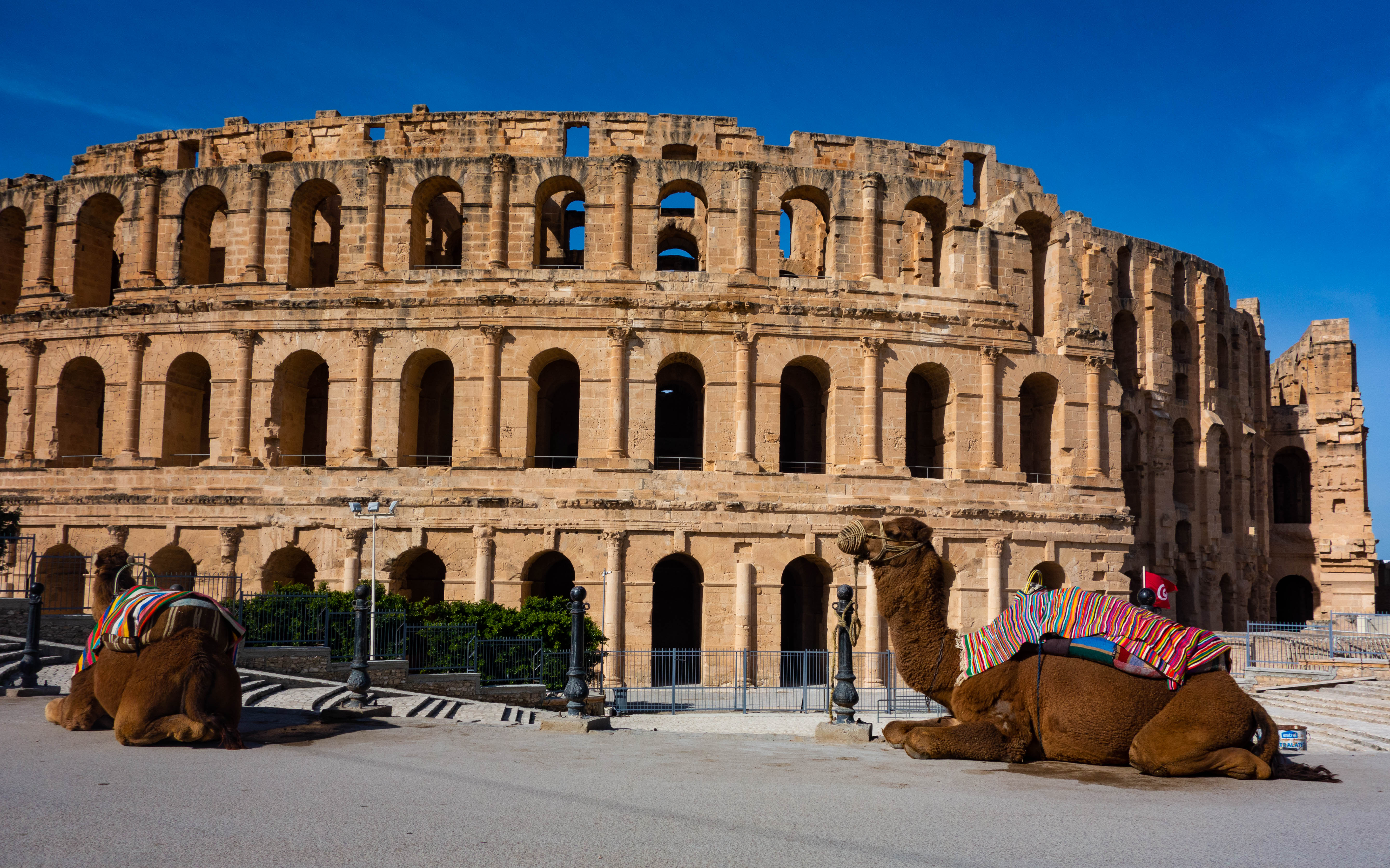
Traveling to these 11 extraordinary destinations offers more than just a chance to see new places; it provides an opportunity to engage with the world in a meaningful way. Each destination promises genuine cultural connections and unique local enchantment, inviting travelers to step beyond the surface and delve into the heart of the places they visit. By embracing the traditions, stories, and wisdom of local communities, travelers can enrich their own lives and contribute to the preservation of cultural heritage. This journey of cultural discovery is not just about the destinations themselves, but about the connections and insights that travel can inspire. As you embark on your next adventure, let these destinations guide you toward a deeper understanding of the world and yourself.



